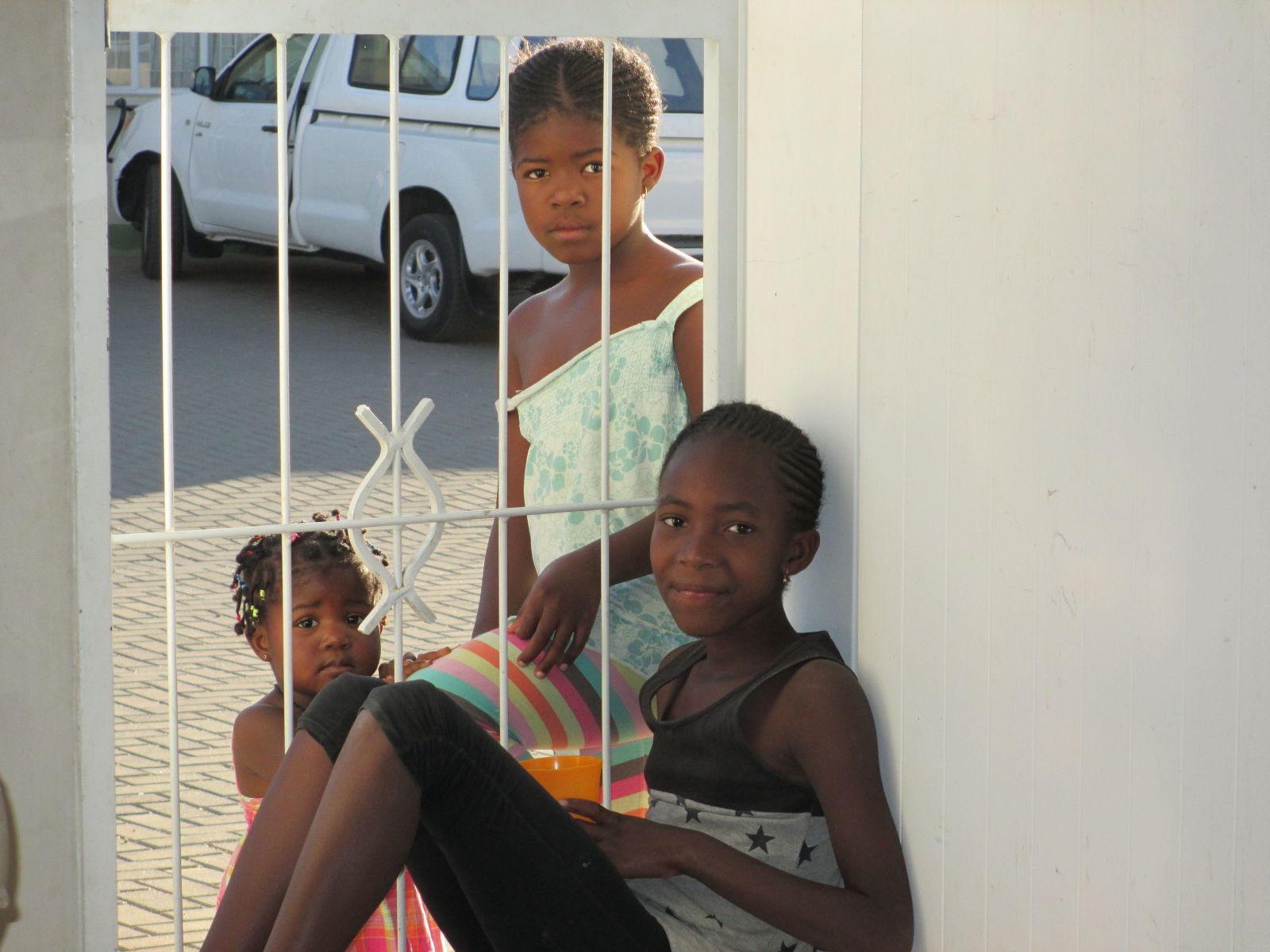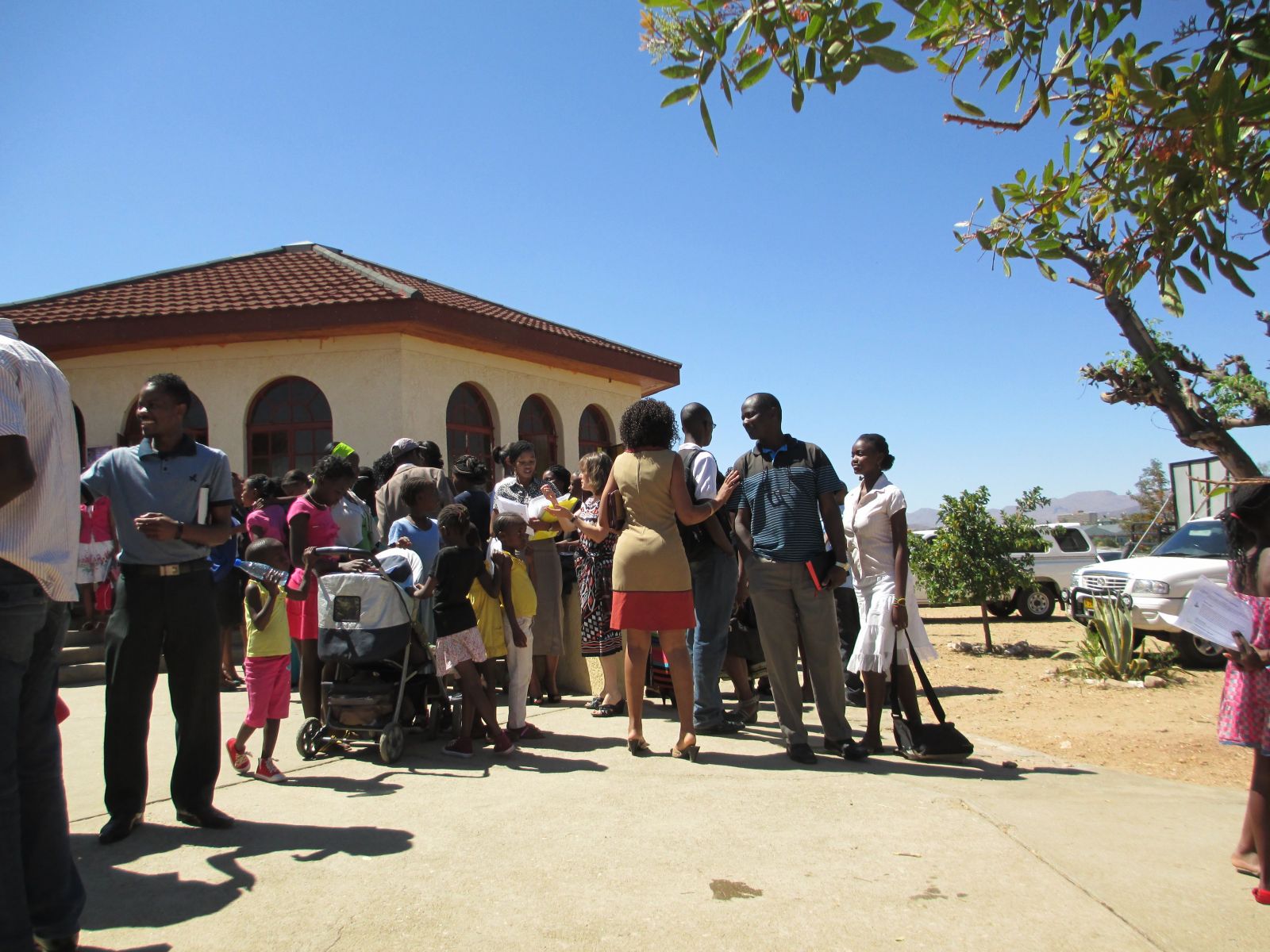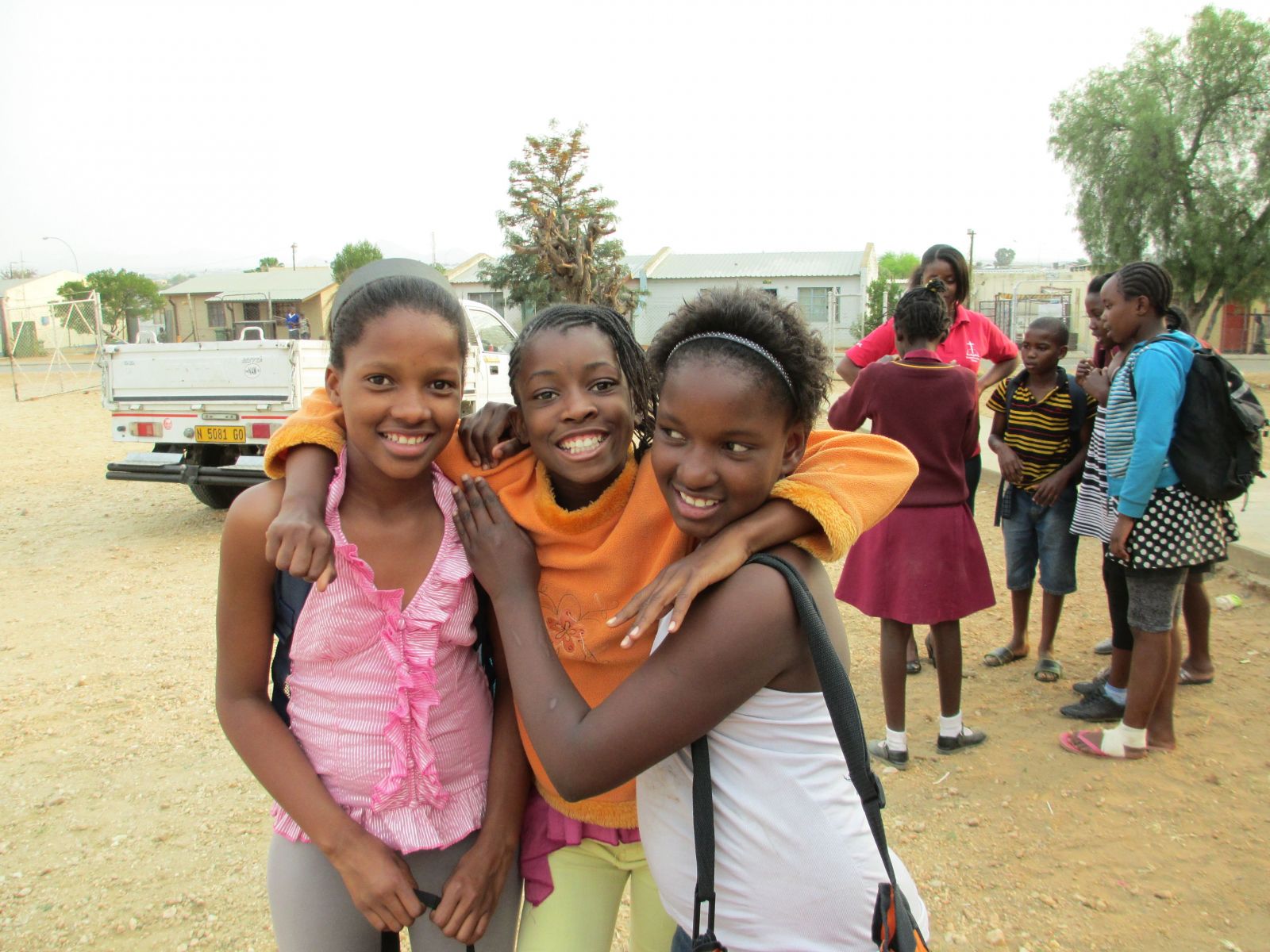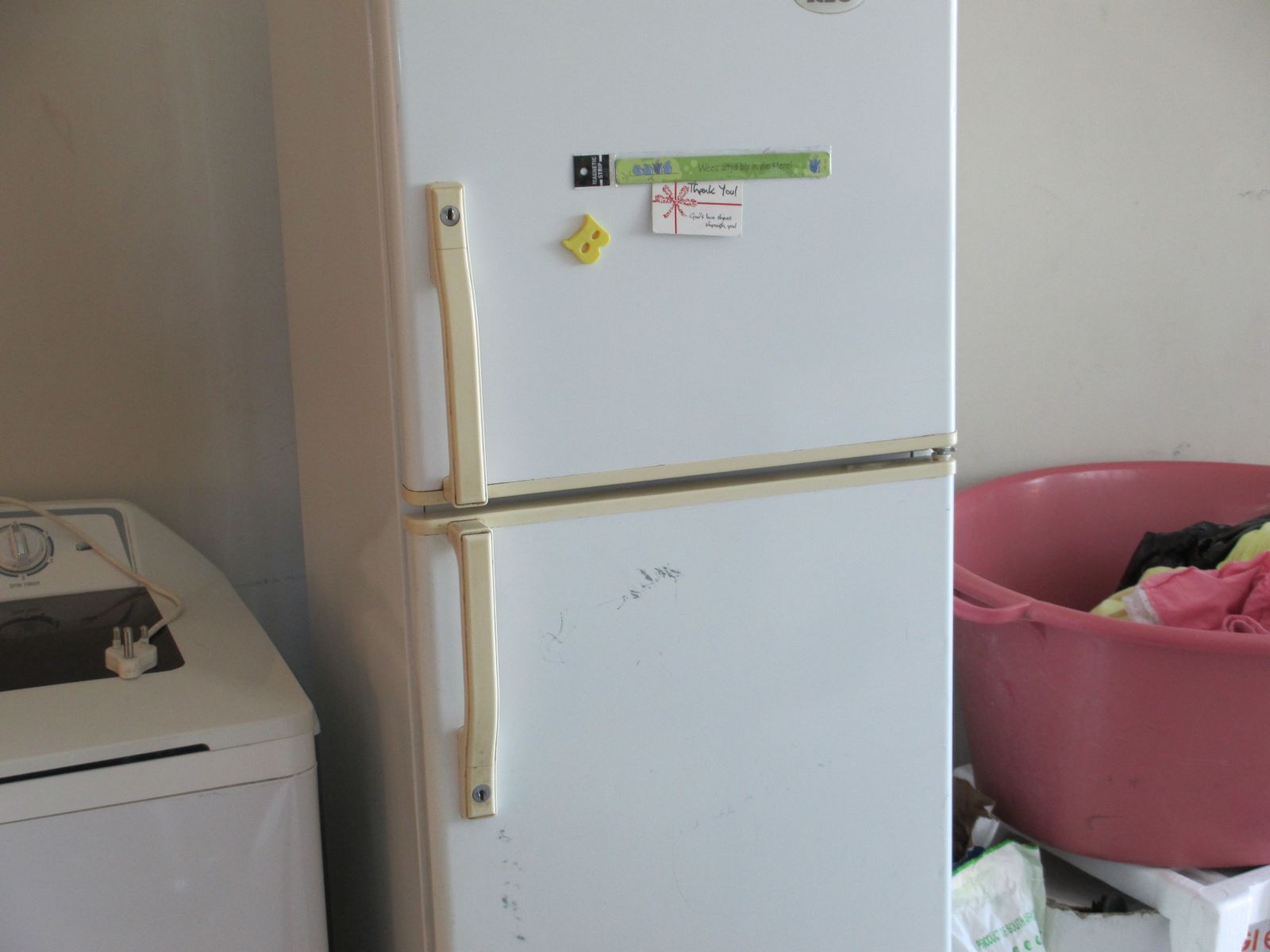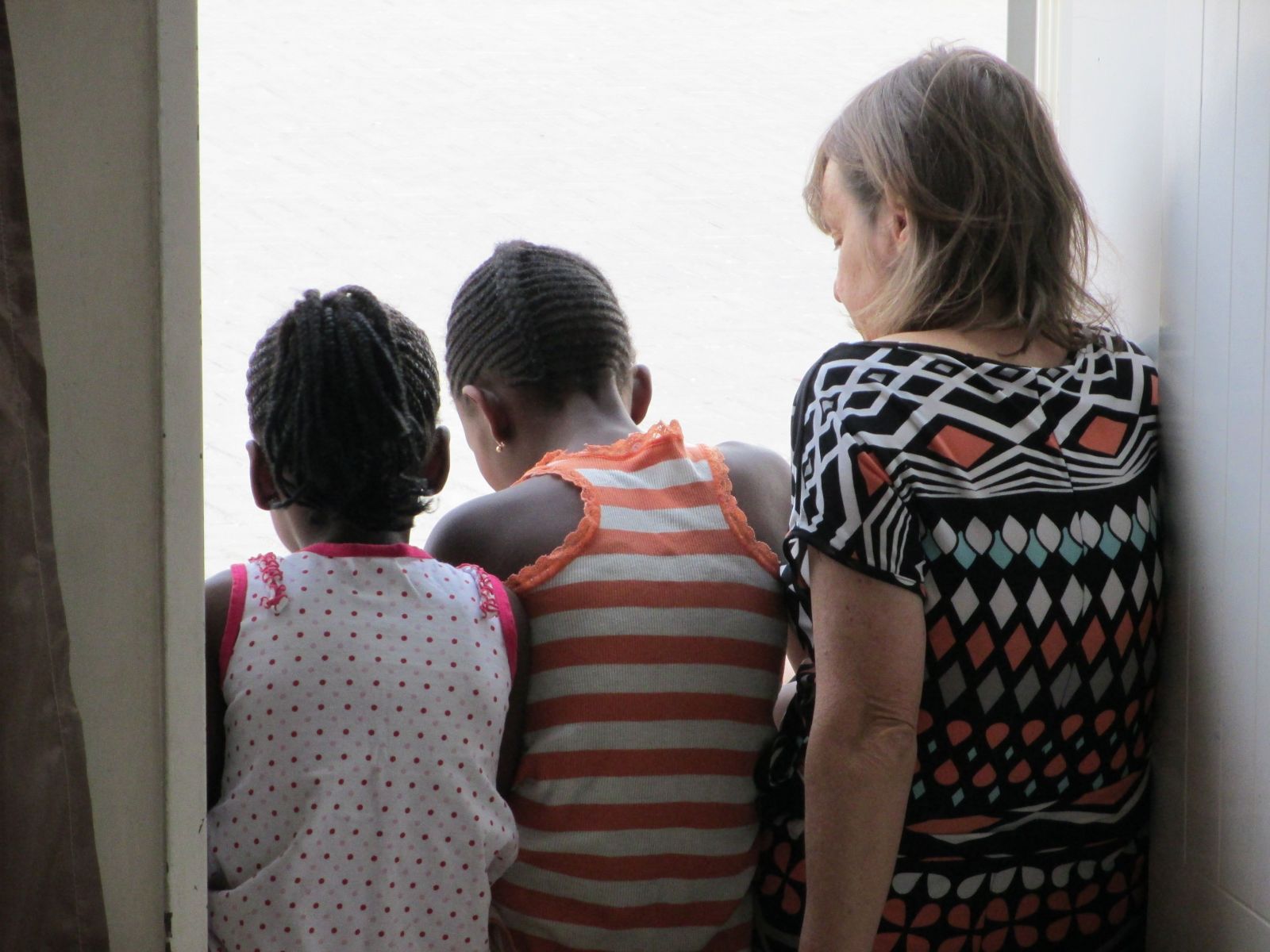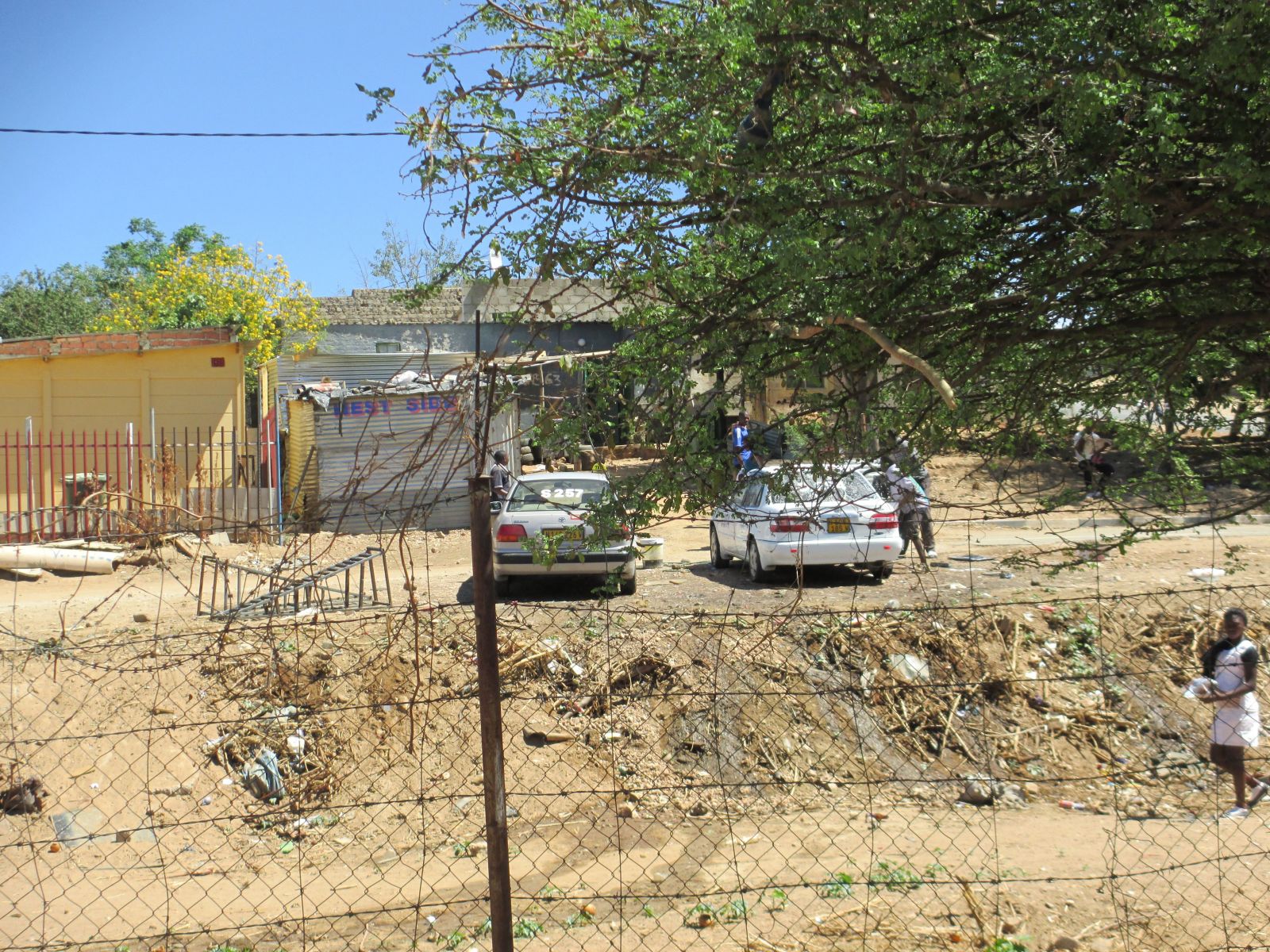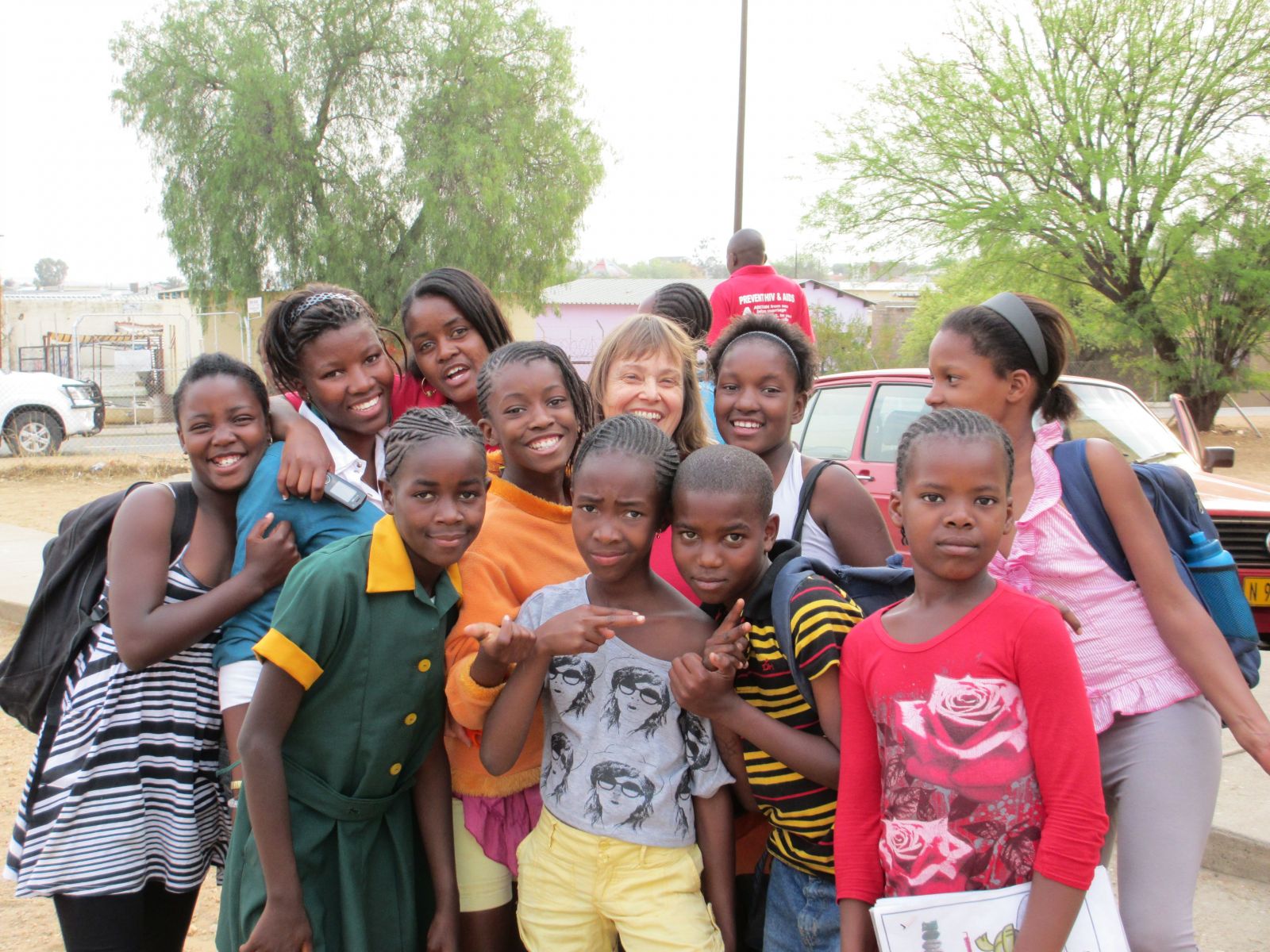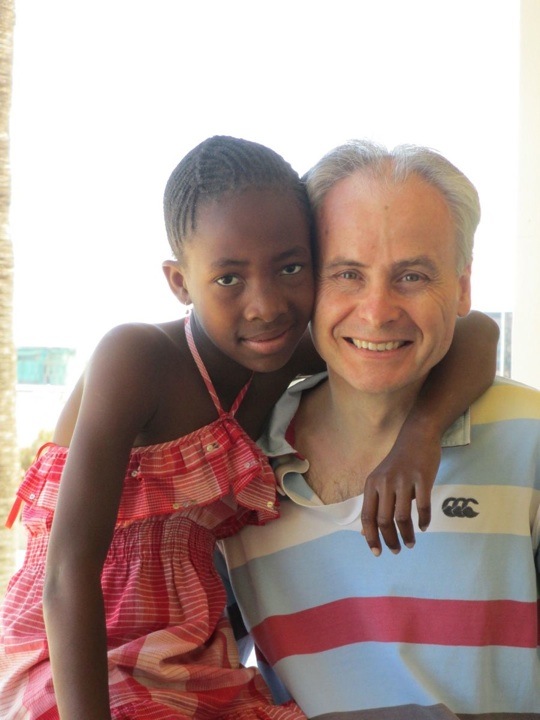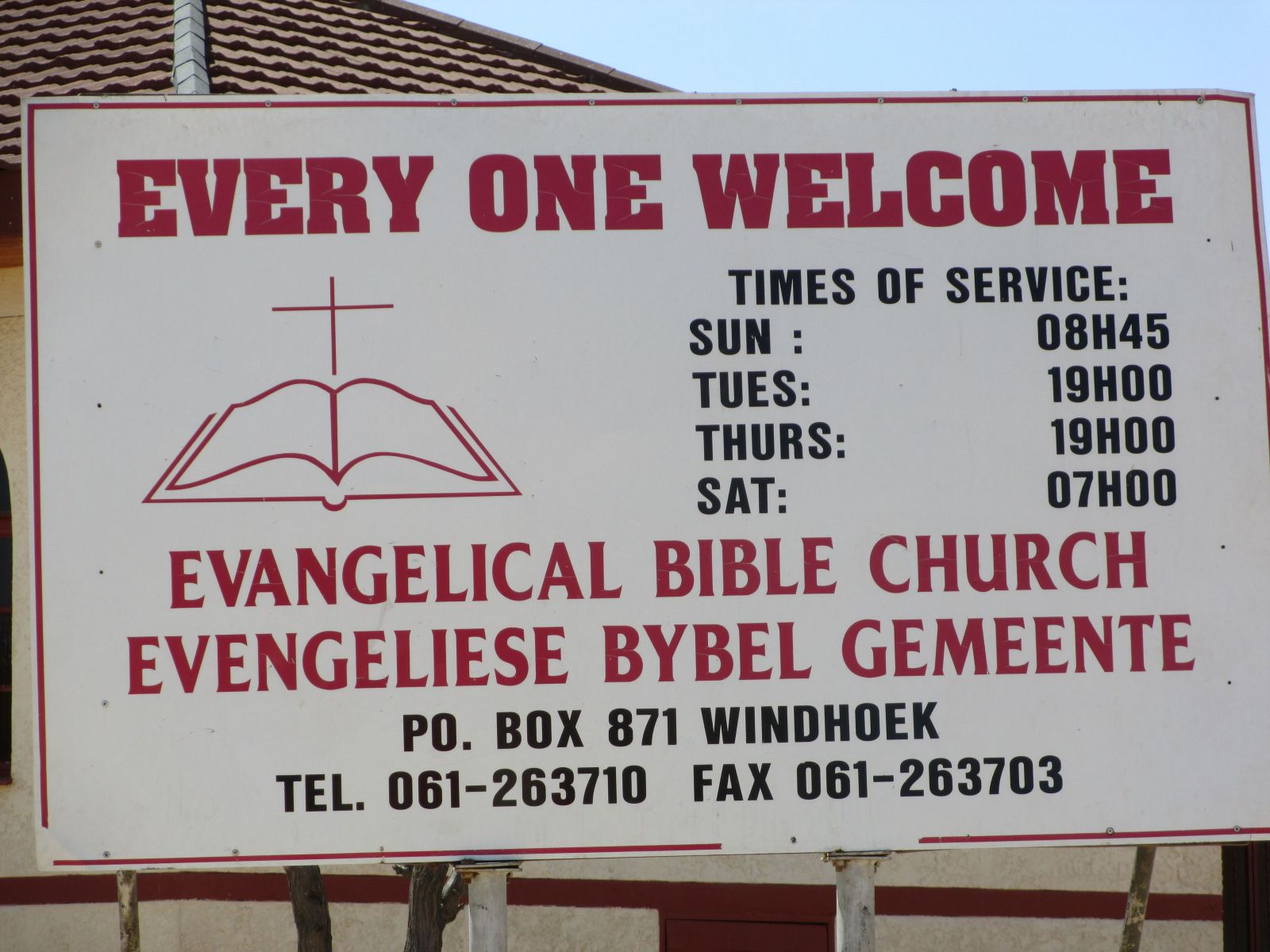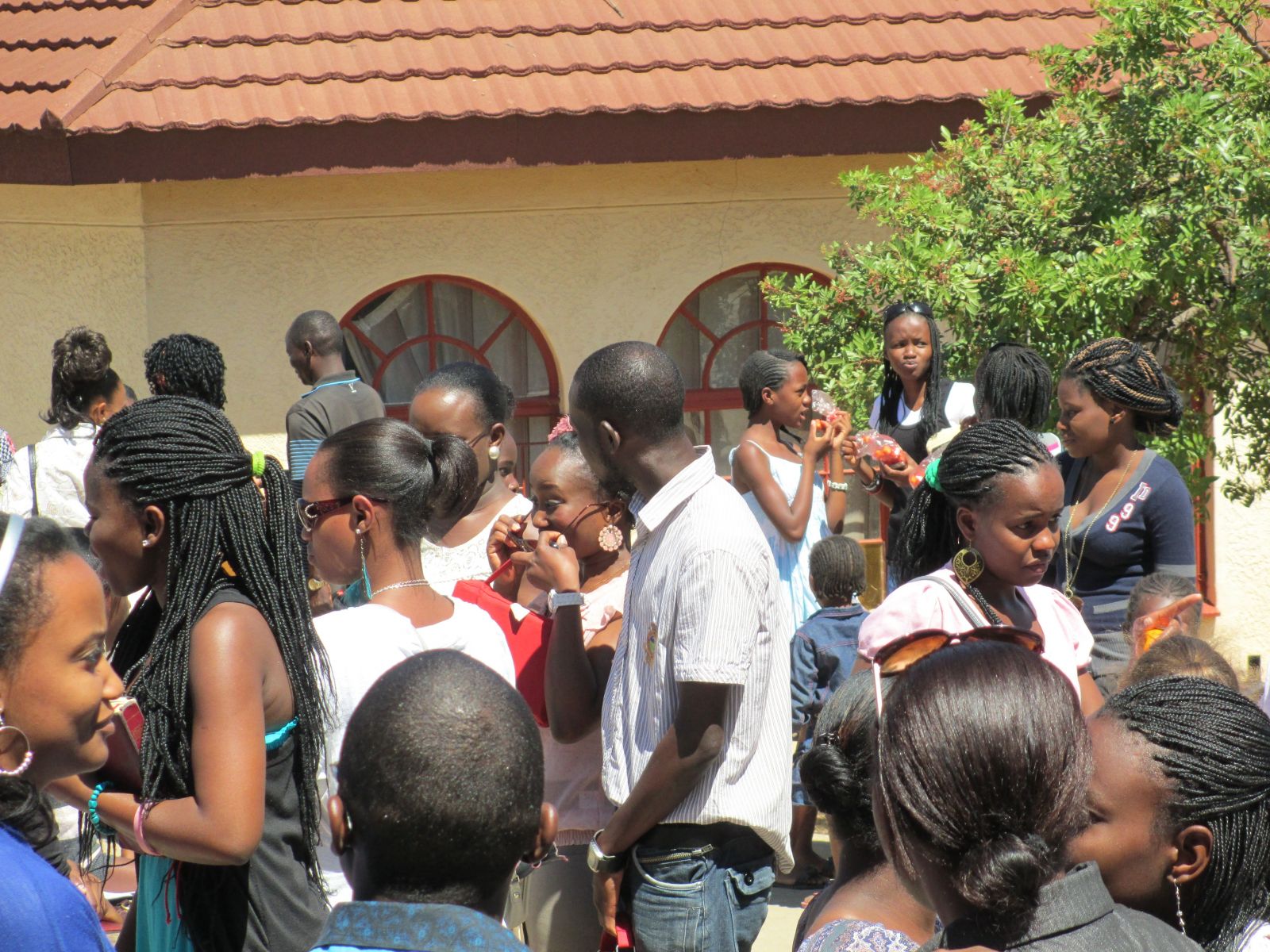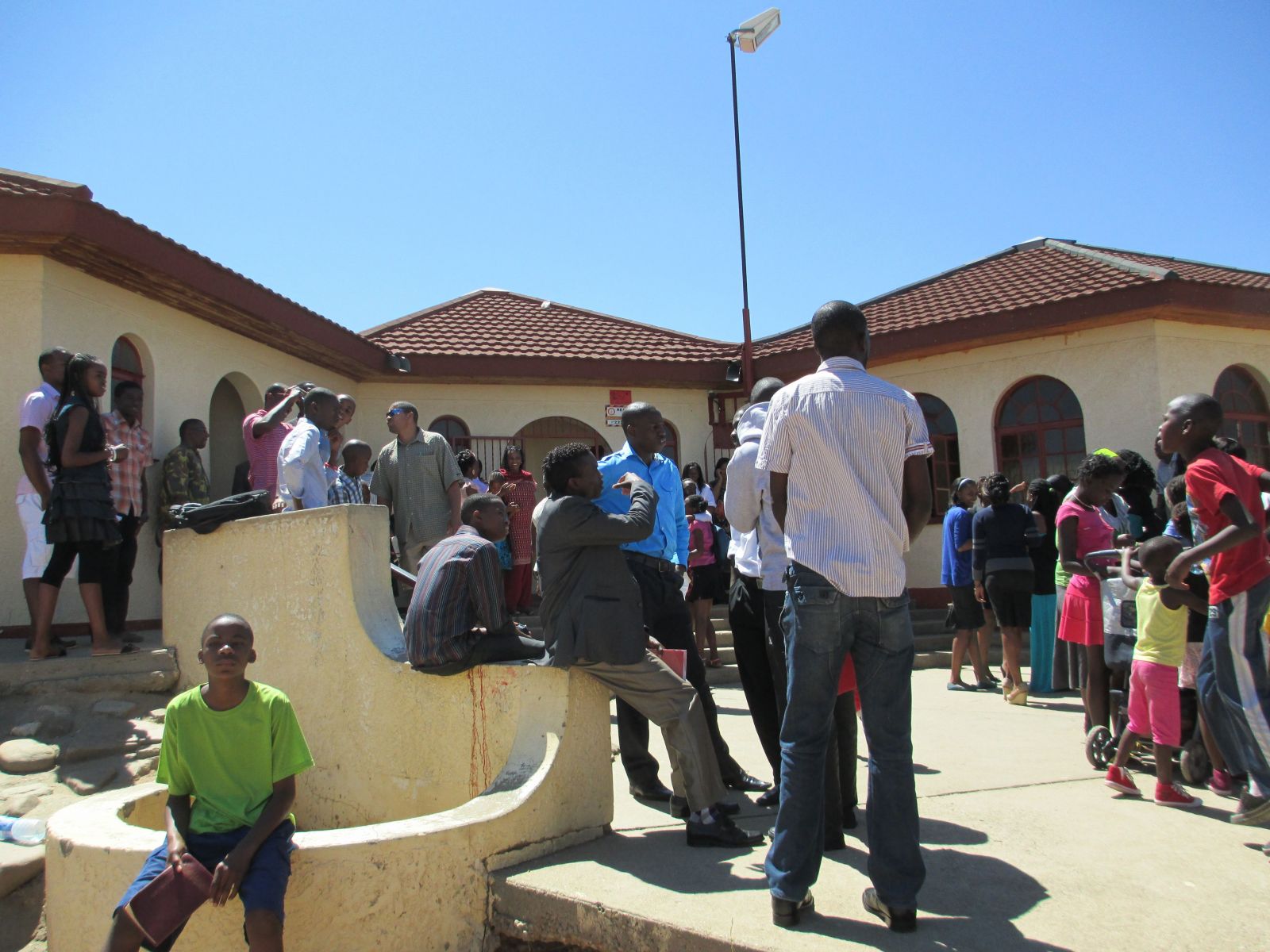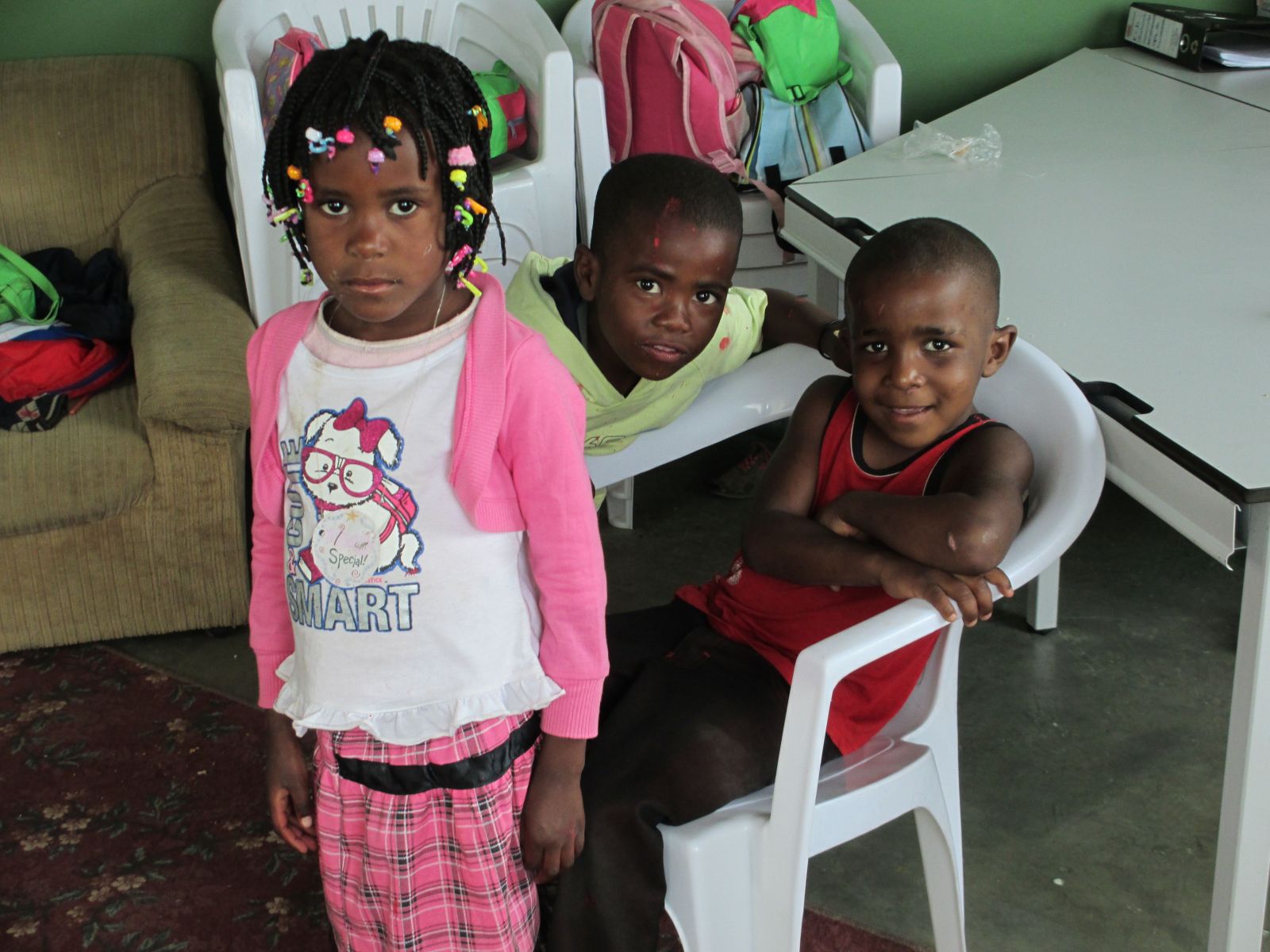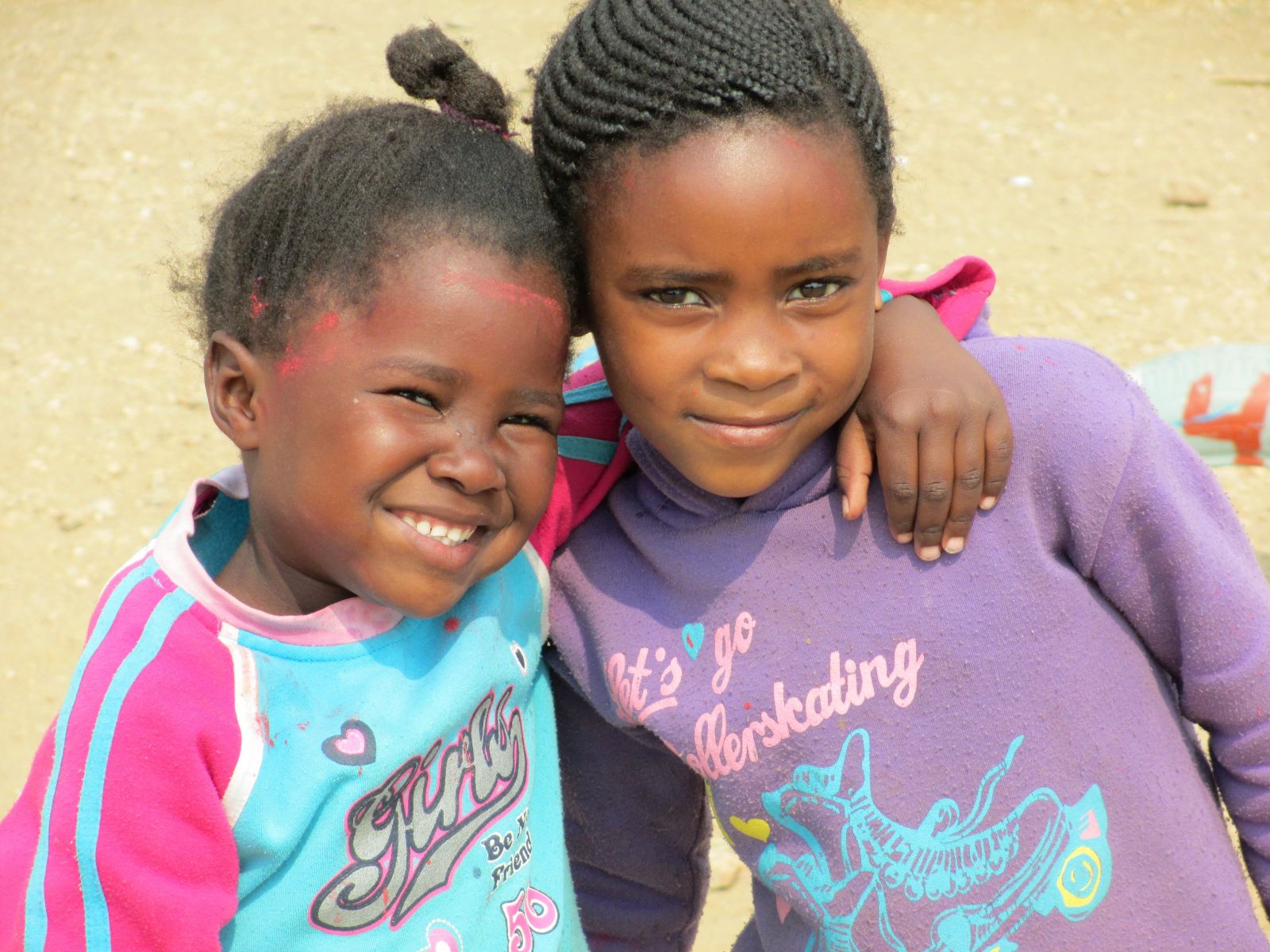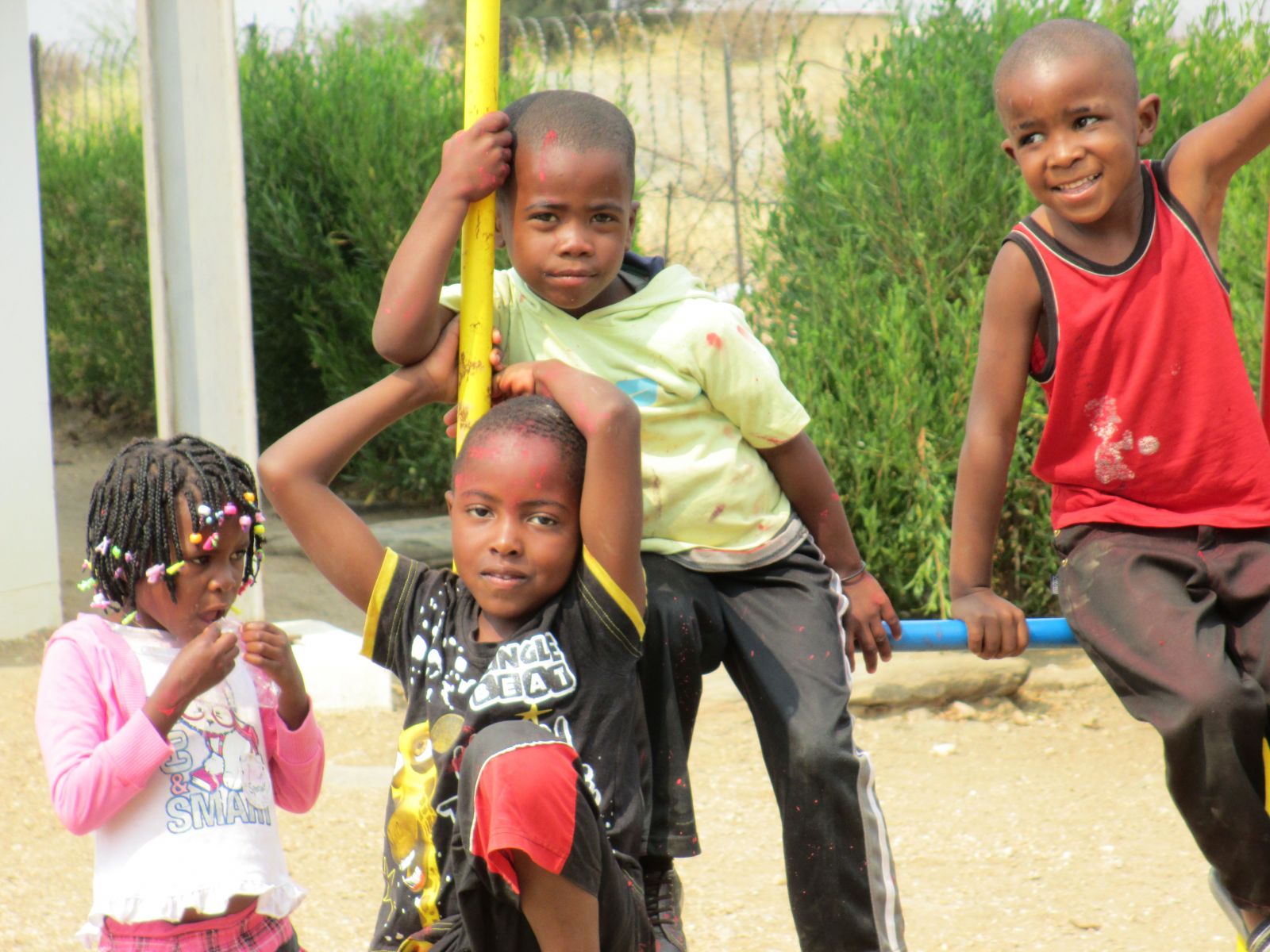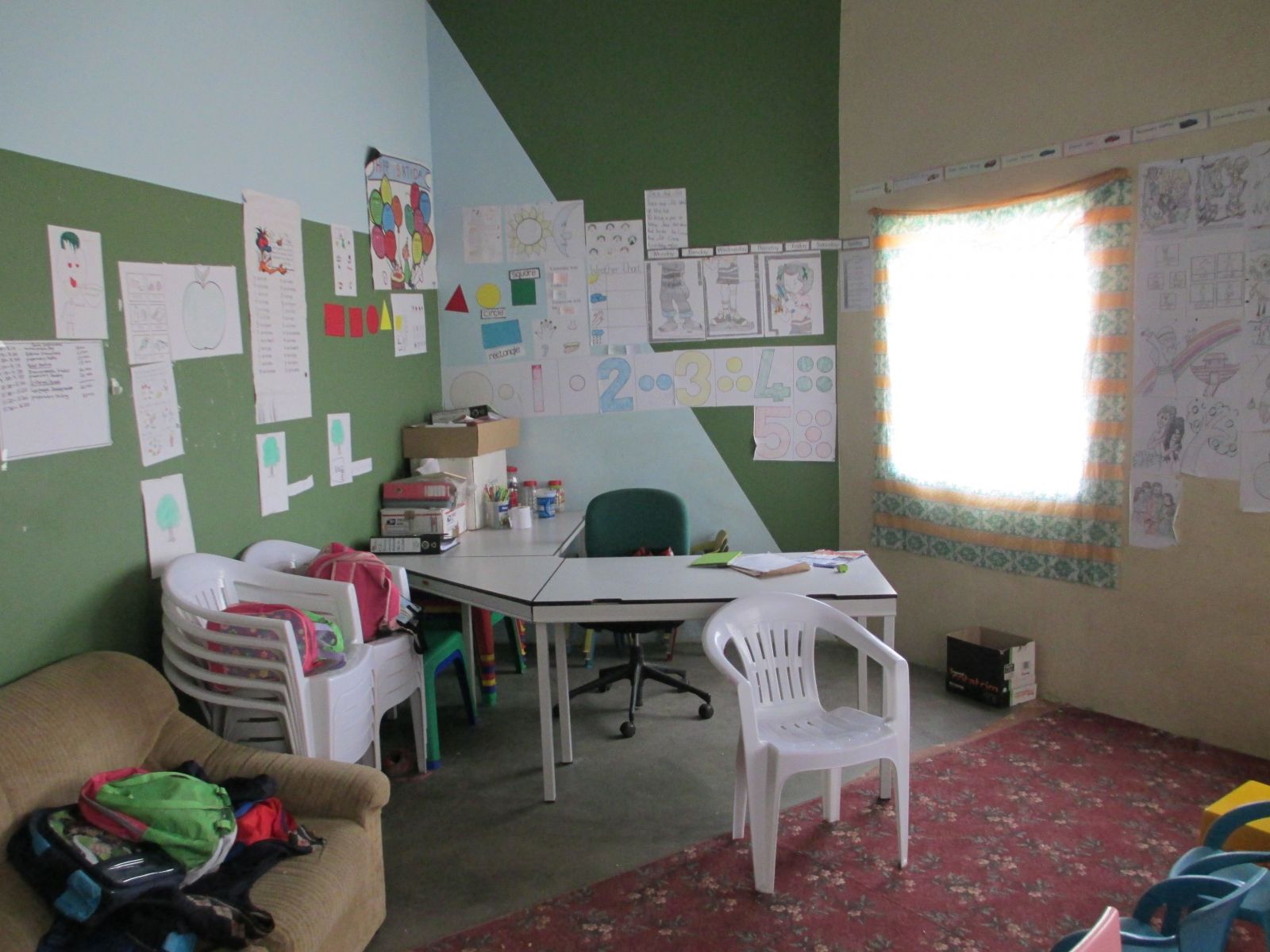ETOSHA NATIONAL PARK
What do a medical student from Finland, an archaeologist from Denmark, an Ethiopian tour guide, a German lawyer and art auction-house worker, a UN envoy from Canada, a Chinese middle-aged mum, an Australian teacher and two Australian mission workers (us) have in common? A three day camping safari to Etosha National Park, that’s what.
On the weekend of October 6 to 8 we were privileged to be able to join this mix of people and explore some of the country of Namibia. We have been in this country for just over a month and had not seen anything apart from the capital city of Windhoek. It was time to get out and do a bit of exploring. When in Africa, what do you have to do? Go on safari and see some animals!
Etosha National Park is approximately 500kms north / north-west from Windhoek. Namibia has good infrastructure and so we were able to make the journey on sealed roads the whole way. Once in the park, however, the four-wheel drive / gravel roads begin and so do the animal sightings.
We were told that this was a good time to go to Etosha as it is the end of the dry season and so the animals are fairly restricted in their movements to be centred around the more permanent waterholes. We were so blessed by what we saw.
There is something so majestic and wonderful in the “big” animals of Africa. We really do not have anything equivalent in Australia. The slow and purposeful tread of a herd of elephants as they emerge from the dry bush, ears flapping as they make their steady trek to get a drink, just takes your breath away. At one point we had to stop the bus to let a herd go by (22 of them in total!!); mainly mothers and their babies. We saw elephants taking mud baths, playing with each other, caring for their babies, telling other animals in no uncertain terms via the swishing of a trunk that this was their turn at the waterhole and no one else’s, appearing suddenly out of nowhere and disappearing just as easily. How does something that large do that?
Giraffes also have a lazy way about them as they stroll through the bush seeking greenery. It was amazing to see their heads peeking over the trees from time to time; they have a very distinctive silhouette. Funny thing was, even after we left the park to come home we were still looking for those heads. Watching a giraffe make the awkward adjustments with knocked knees and delicate balance in order to drink from a waterhole is also quite humbling.
The highlight of the trip for many, because it is uncommon, was the sighting of a number of lions, including at one point a whole pride consisting of male lion, three females and their cubs strolling about in the early light making their way back to shelter to get out of the heat of the midday sun.
God’s creation is truly wonderful and diverse: zebras whose stripes are as individual as our fingerprints who blend effortlessly into the grass plains; antelope ranging in size from that of a cow to a domestic cat; hyenas who look as ugly as they do in “The Lion King”; powerful rhino who like to make their presence felt at waterholes, particularly at night time; brilliant orange sunsets signalling the end of another day plus the arrival of the cool of the night; strange trees thriving in the midst of shimmering dust; birds large and small, flying and flightless; ostriches whose flexible necks enable them to clean their feathers no matter what the angle.
We felt blessed and privileged to be given this opportunity and have come back to Windhoek refreshed and ready to go.
“God made the wild animals according to their kinds, the livestock according to their kinds, & all the creatures that move along the ground according to their kinds. And God saw that it was good.” (Genesis 1:25)
OK, you’ve been waiting for them (& so have we). Here is a selection of the best.

Blue Wildebeest

Lion in the early morning
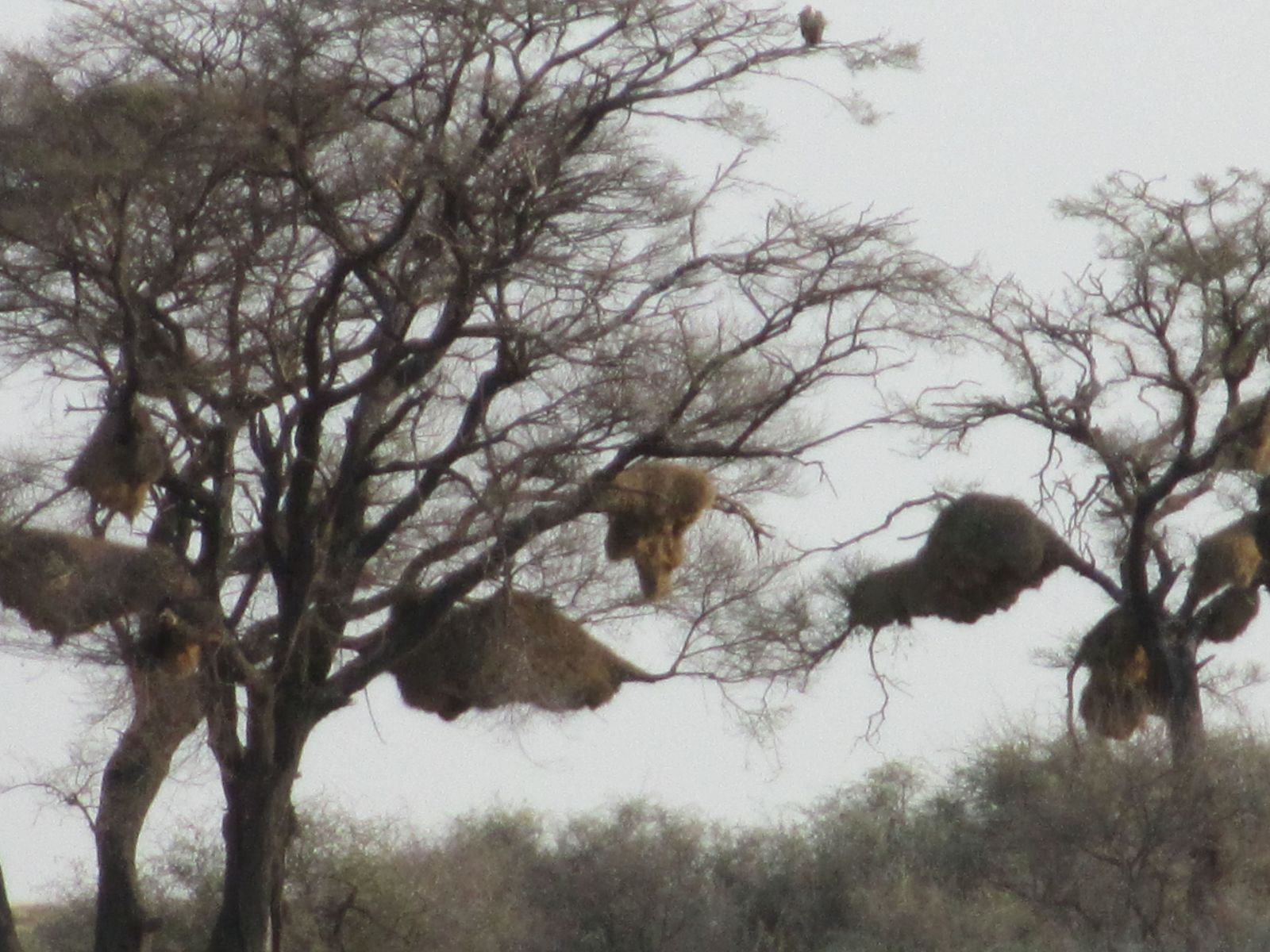
Social Weaver nests
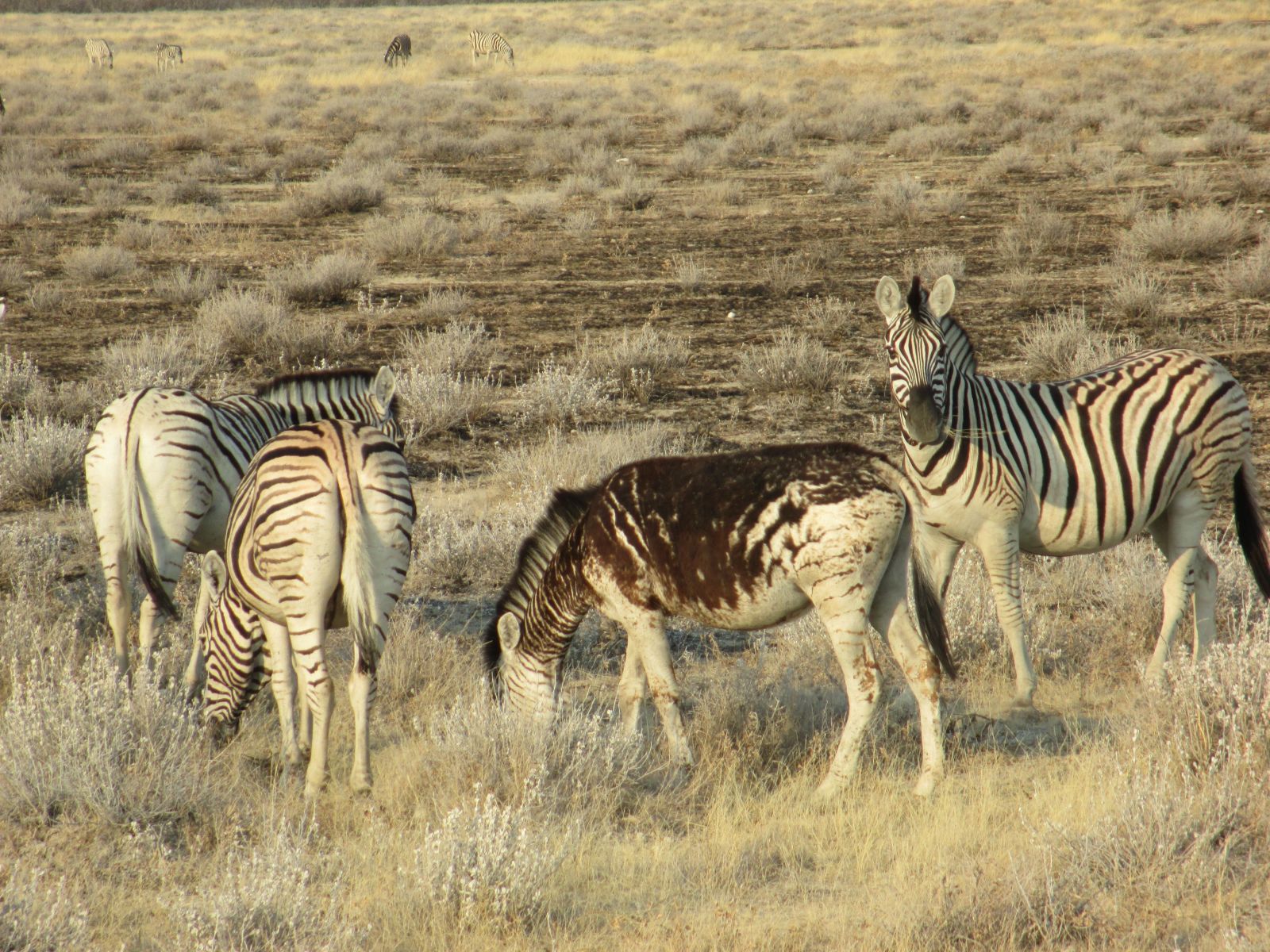
Albino Zebra

Ground Squirrel

Oryx
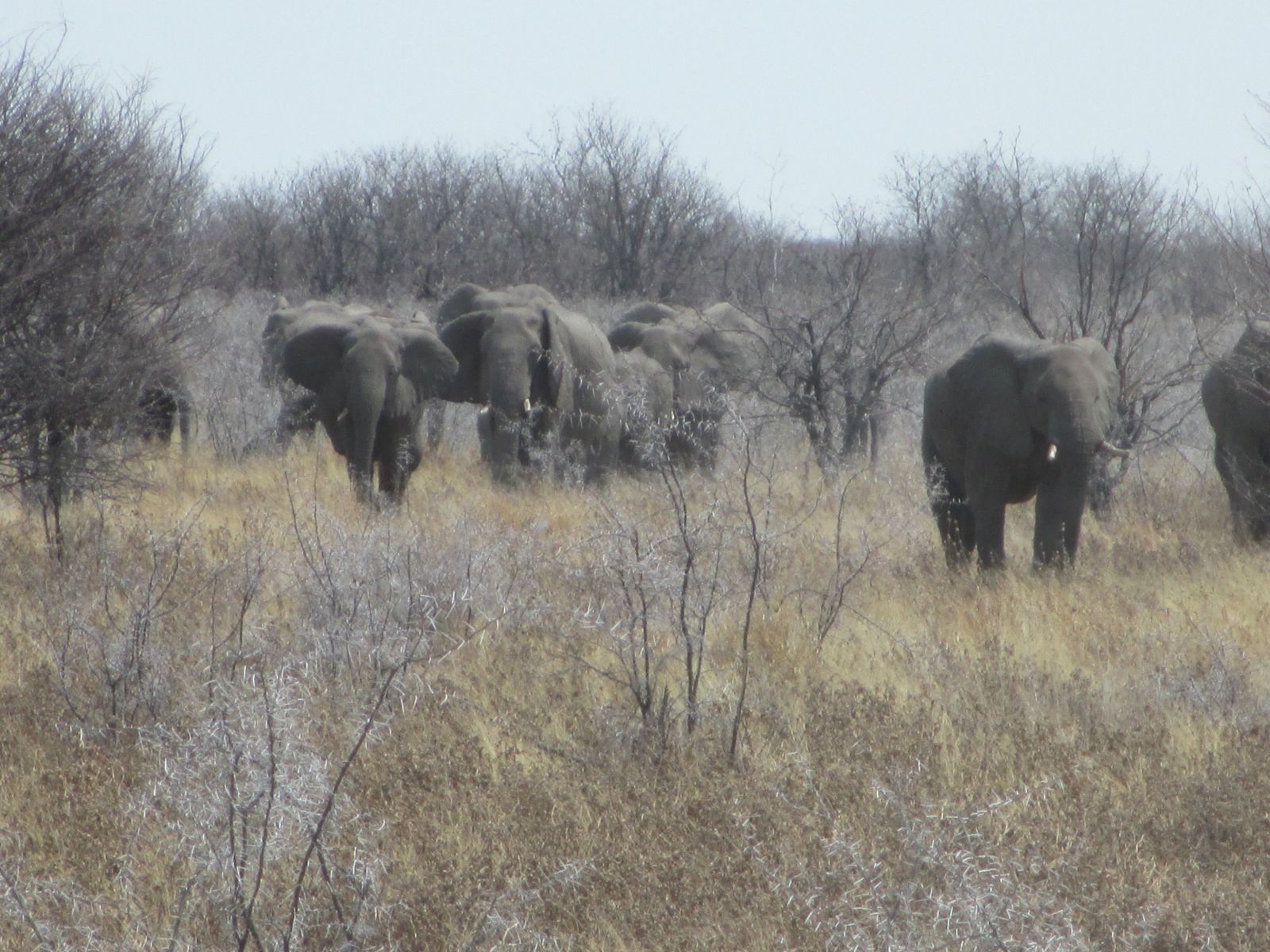
Watch out! Elephants on the move.
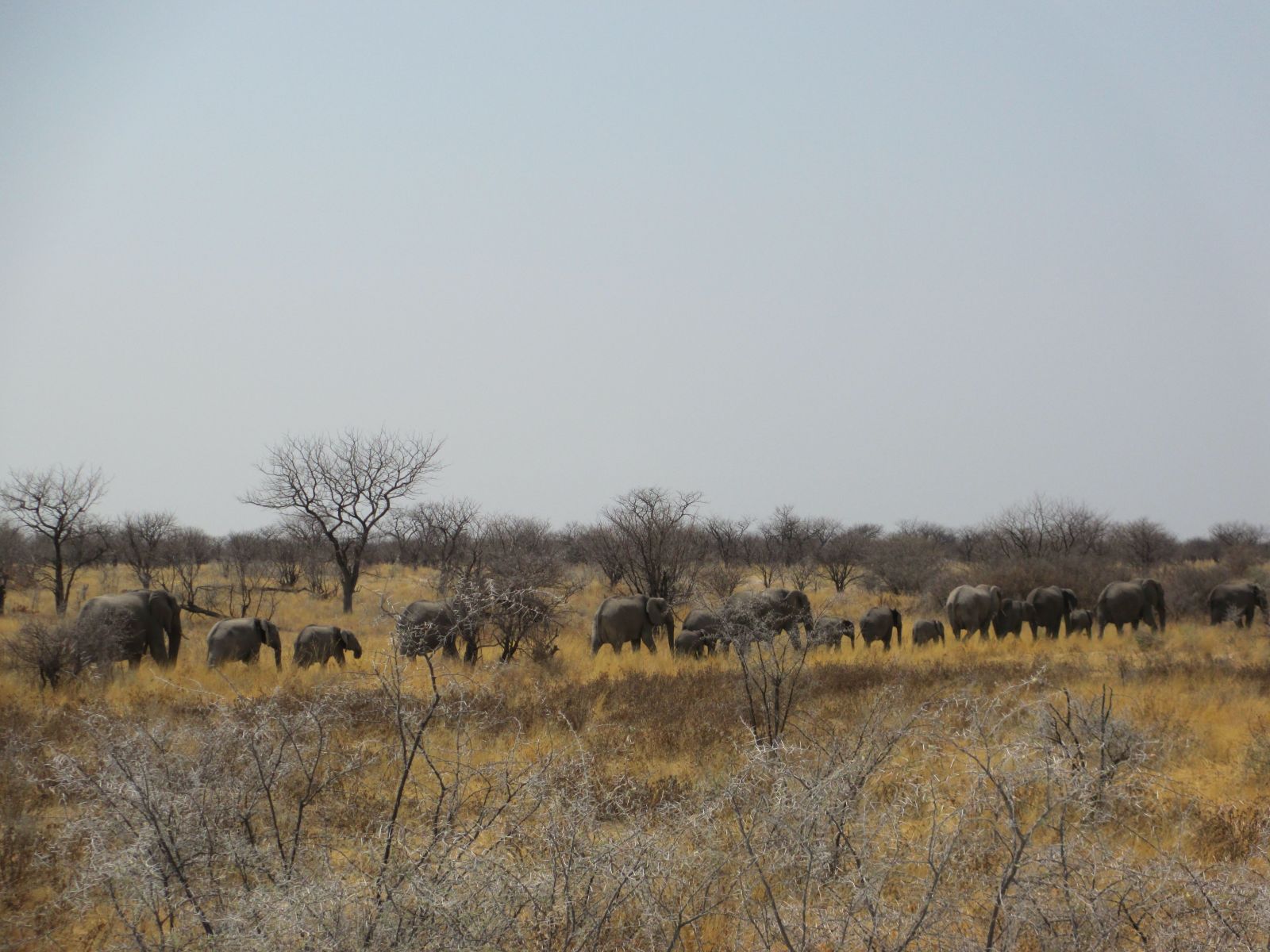
An unbelievable sight. Twenty two elephants (with many babies in tow)
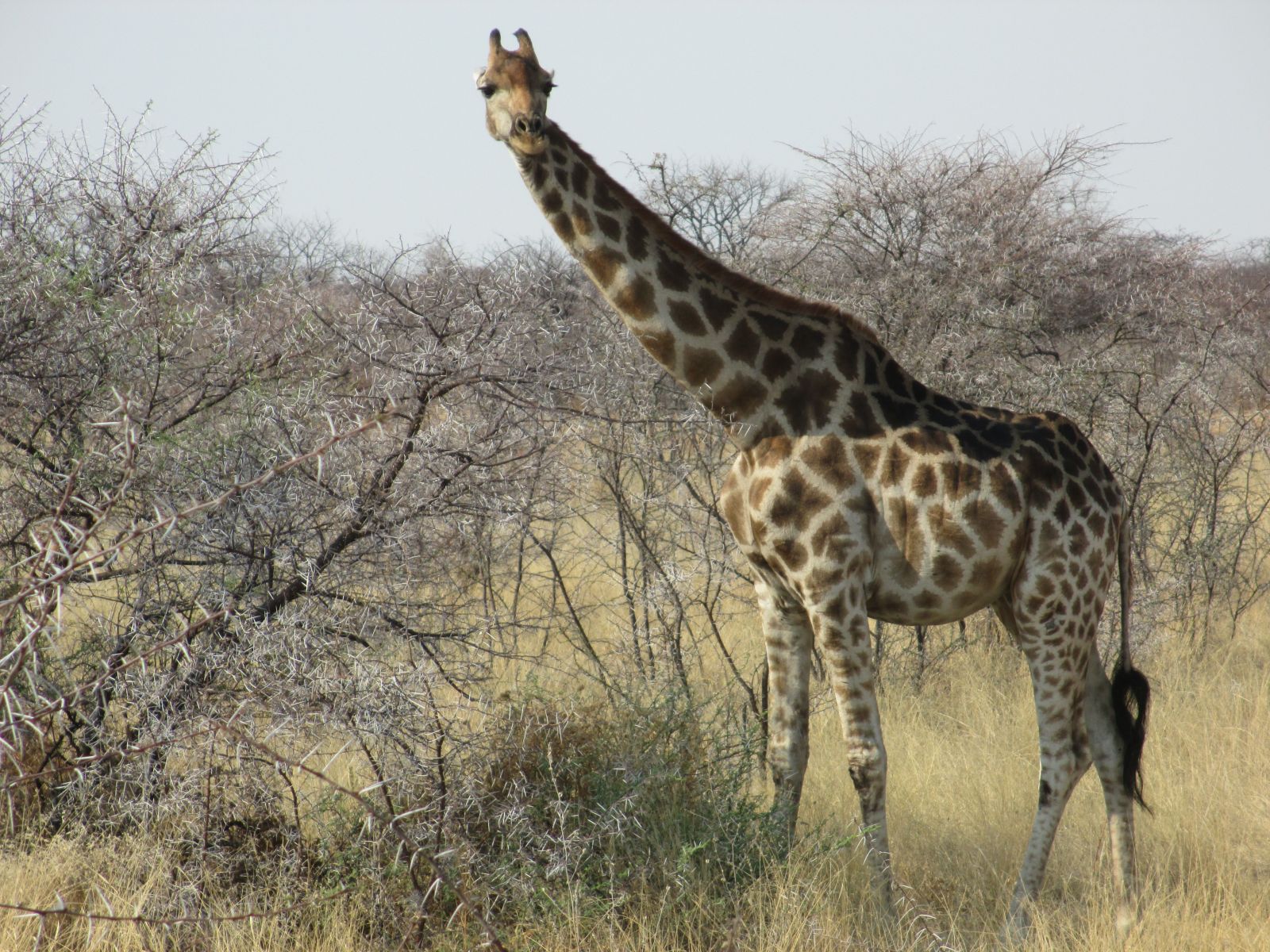
Giraffe - who me?
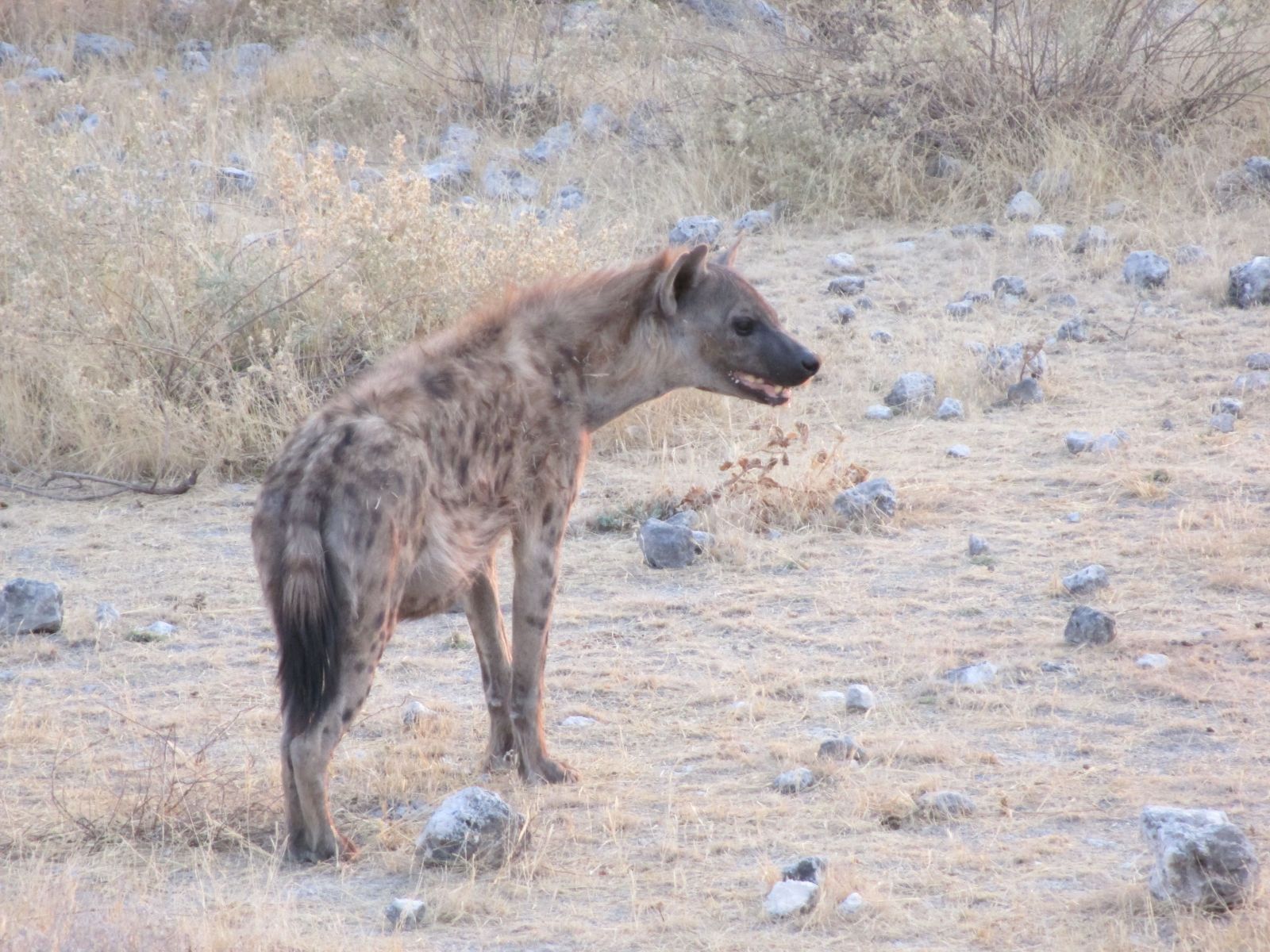
Hyena

Lions at rest
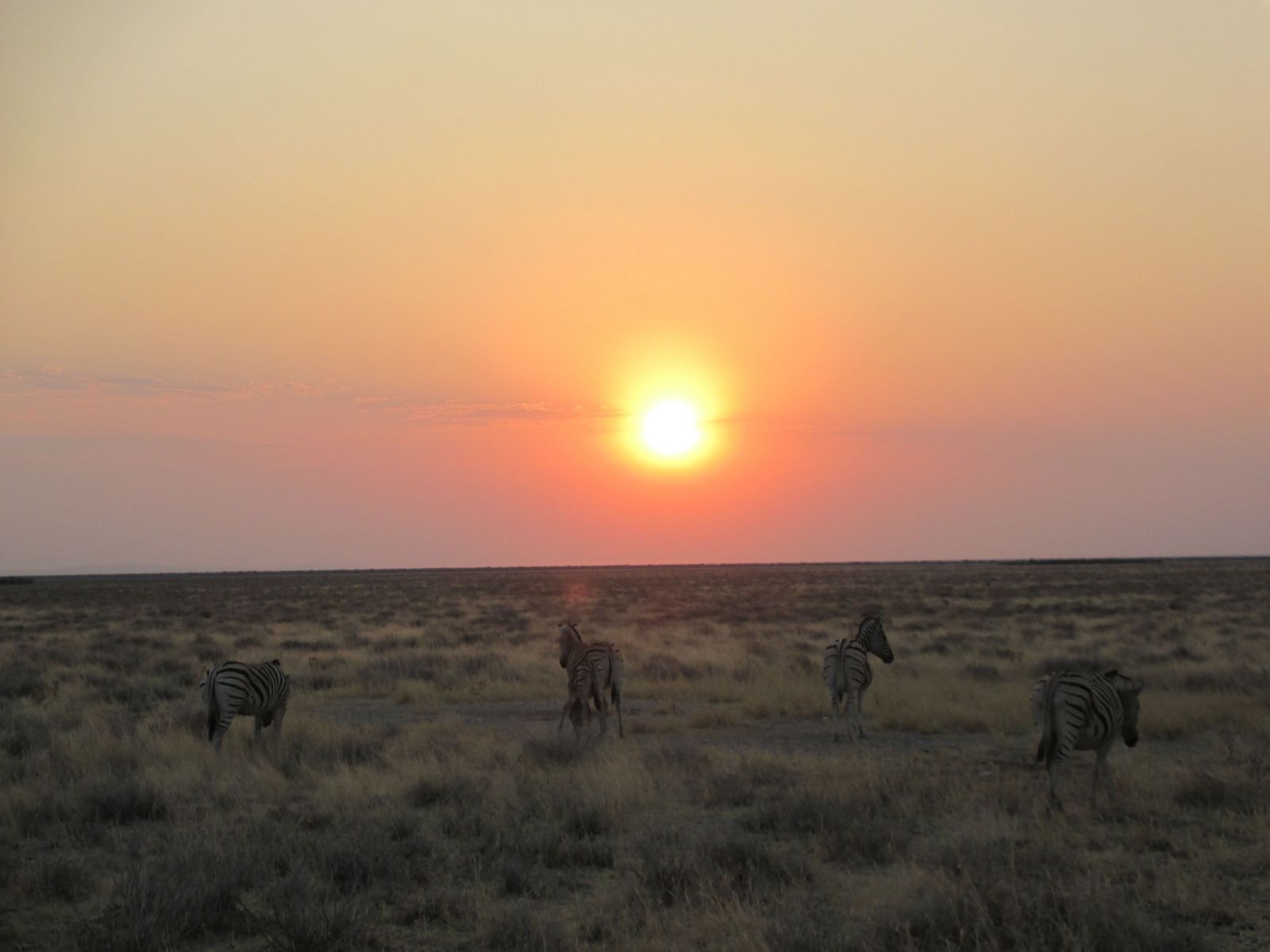
Zebras at sunset



